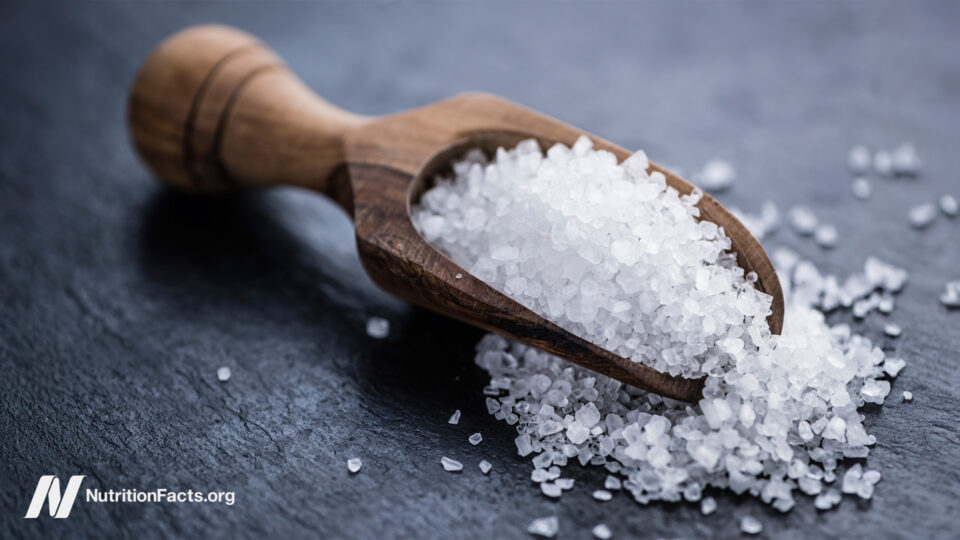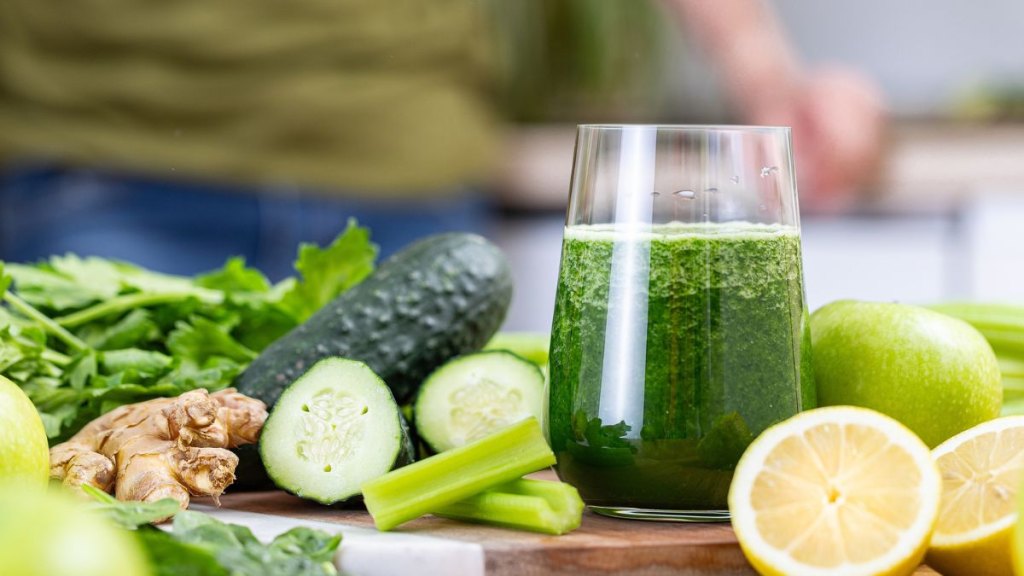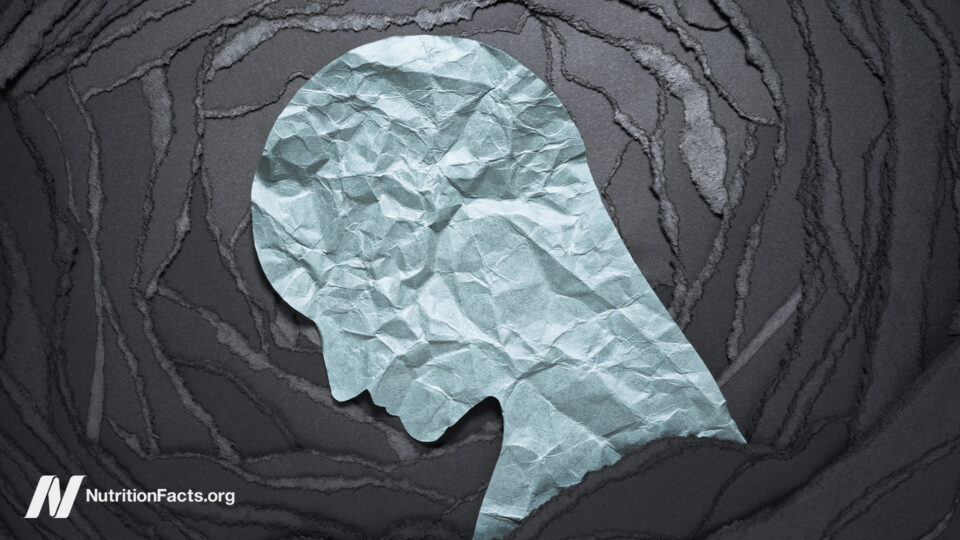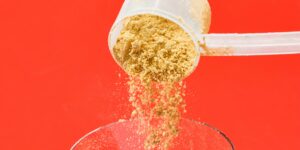Is Potassium Chloride the Hidden Salt Alternative That’s Actually Harming Your Health?
What Is Potassium Chloride? Is It a Viable (and Tasty) Salt Substitute?
Potassium chloride is a naturally occurring mineral salt, which is obtained the same way we get regular sodium salt. Since we get too much sodium and not enough potassium, this would seem to make potassium chloride a win-win solution. Consider these examples:
- In a randomized controlled trial, households had just 25 percent of the sodium chloride salt replaced with potassium chloride. At that level, most people either can’t tell the difference or even prefer the salt with the potassium mixed in. The findings? The use of the salt substitute with one-quarter potassium chloride was associated with cutting the risk of developing hypertension in half.
- In another study, five kitchens in a veterans’ retirement home were randomized into two groups for about two and a half years. They either salted their meals with regular salt or, unbeknownst to the cooks and the diners alike, a 50/50 blend of potassium chloride. Those in the half-potassium group cut their risk of dying from cardiovascular disease by about 40 percent and lived up to nearly one year longer. The life expectancy difference at age 70 was equivalent to that which would have naturally occurred in 14 years––meaning that just switching to half potassium salt appeared to effectively make people more than a decade younger when it came to risk of death.
Side Effects of Potassium Chloride?
As I discuss in my video Potassium Chloride Salt Substitute Side Effects, potassium chloride is “generally regarded as safe” by the U.S. Food and Drug Administration. Healthy individuals don’t have to worry about getting too much potassium because their kidneys excrete any excess in urine, but that’s with potassium in food. What about supplements? No adverse effects have been shown for long-term intakes of potassium supplements as high as 3,000 milligrams a day, and blood levels of potassium are maintained in the normal range by healthy kidneys, even when potassium intake is increased to approximately 15,000 milligrams a day. This isn’t surprising, given that we evolved eating so many healthy plant foods, so many fruits and vegetables, rich in potassium.














Post Comment